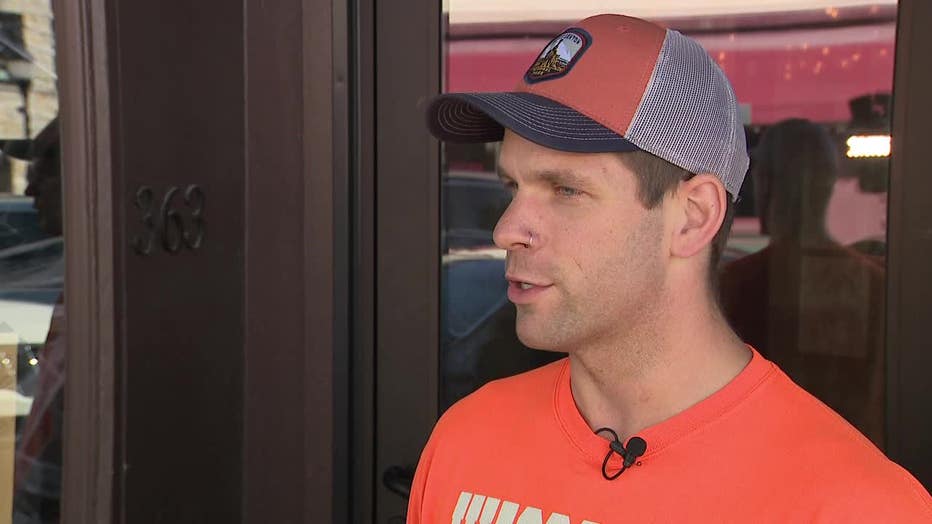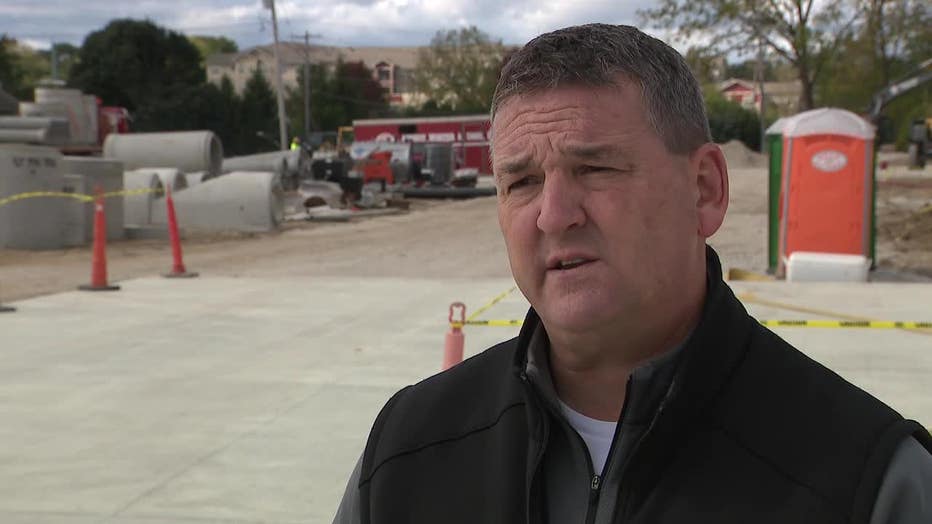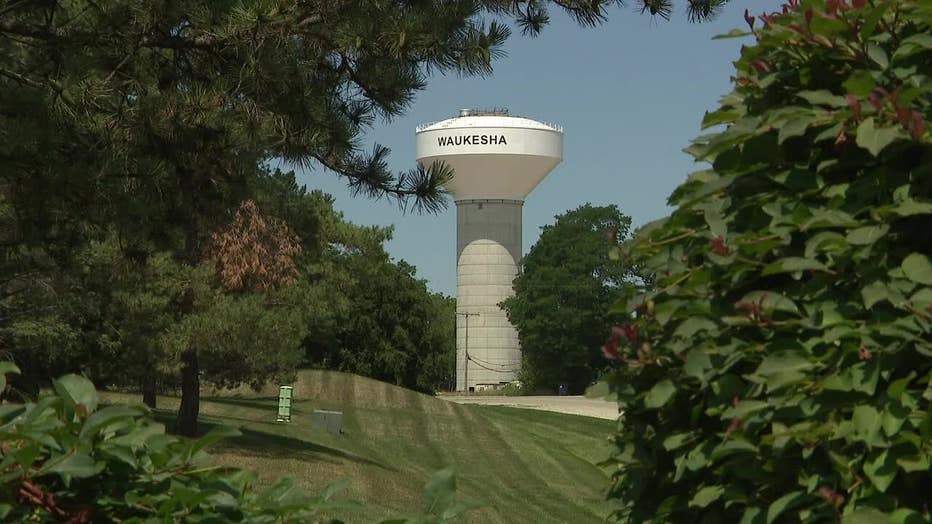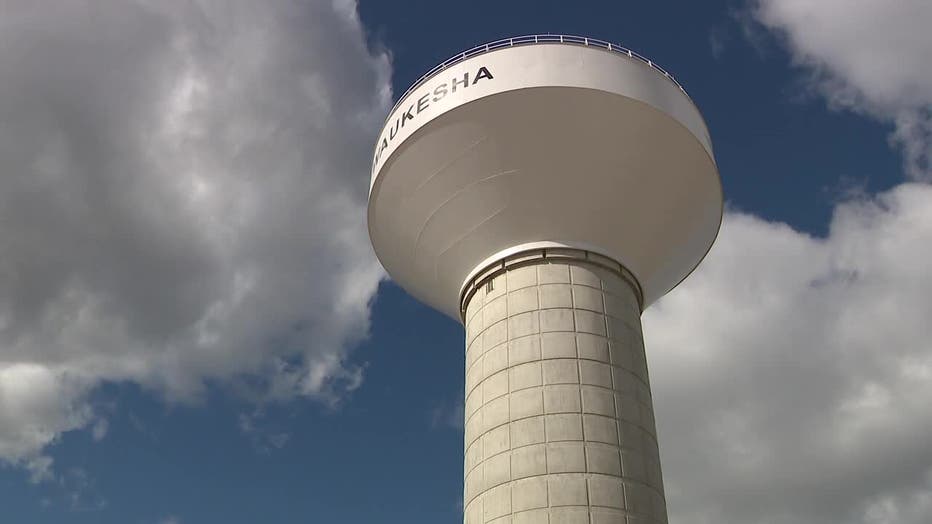Waukesha Lake Michigan water switch begins Oct. 9
Waukesha Lake Michigan water switch begins Oct. 9
More than 70,000 people in Waukesha began getting new drinking water from Lake Michigan on Monday, Oct. 9. But homeowners are reminded – this transition could take days to complete.
WAUKESHA, Wis. - More than 70,000 people in Waukesha began getting new drinking water from Lake Michigan on Monday, Oct. 9. But homeowners are reminded – this transition could take days to complete.
"We keep running our water and looking for changes and like smell… we haven’t noticed anything yet," said Nathan Darrow, Mountain Top Coffee Owner.

Nathan Darrow
Mountain Top Coffee in downtown Waukesha is one of several businesses closed Monday as the city transitioned to the Lake Michigan drinking water.
City leaders say the $286 million project was needed to address radium levels in the groundwater. The project has been in the works for more than two decades.
"Today, we’ve started with the pumping – turned on the pumps," said Dan Duchniak, Waukesha Water Utility General Manager.

Dan Duchniak
At 8 a.m. Monday, Duchniak said Lake Michigan water finally started flowing. However, not everyone will get the water right away.
SIGN UP TODAY: Get daily headlines, breaking news emails from FOX6 News
"We have to move 50 million gallons of water from the east side of our system to the west side – which will take five to six days," Duchniak said.

The city is flushing hydrants to bring Lake Michigan water through the system faster.
People living right across the street from the pumping station should get the new water by Monday night. At first, iron and built up minerals in the pipes may make the water look red.
"My water should be at my house by tomorrow," said Carol Lombardi, a homeowner.
Lombardi served as Waukesha's mayor from 1998 until 2006. While in office, she traveled to Washington, D.C. to lobby for what was then a controversial solution.

"A lot of challenges – sometimes debates," Lombardi said.
Waukesha became the first community fully outside the Great Lakes Basin to apply for a diversion exception under the Great Lakes Compact. That meant eight states and two Canadian provinces had to unanimously approve the project. Under the agreement, 100% of the water Waukesha takes from the lake must be treated and returned.
"Waukesha went through a very thorough process to get water and the compact council put a number of conditions on that diversion to make sure Lake Michigan was protected," said Molly Flanagan, Alliance for the Great Lakes.
Learn more
An interactive map of the water transition is available through the Waukesha Water Utility website.
Customers can find answers to frequently asked questions about the transition on the Great Water Alliance website, in bill inserts and through other communications. The city also posts a weekly electronic newsletter that residents can sign up for through the Connect link. Customers can also call the water utility staff at 262- 521-5272 for answers.

